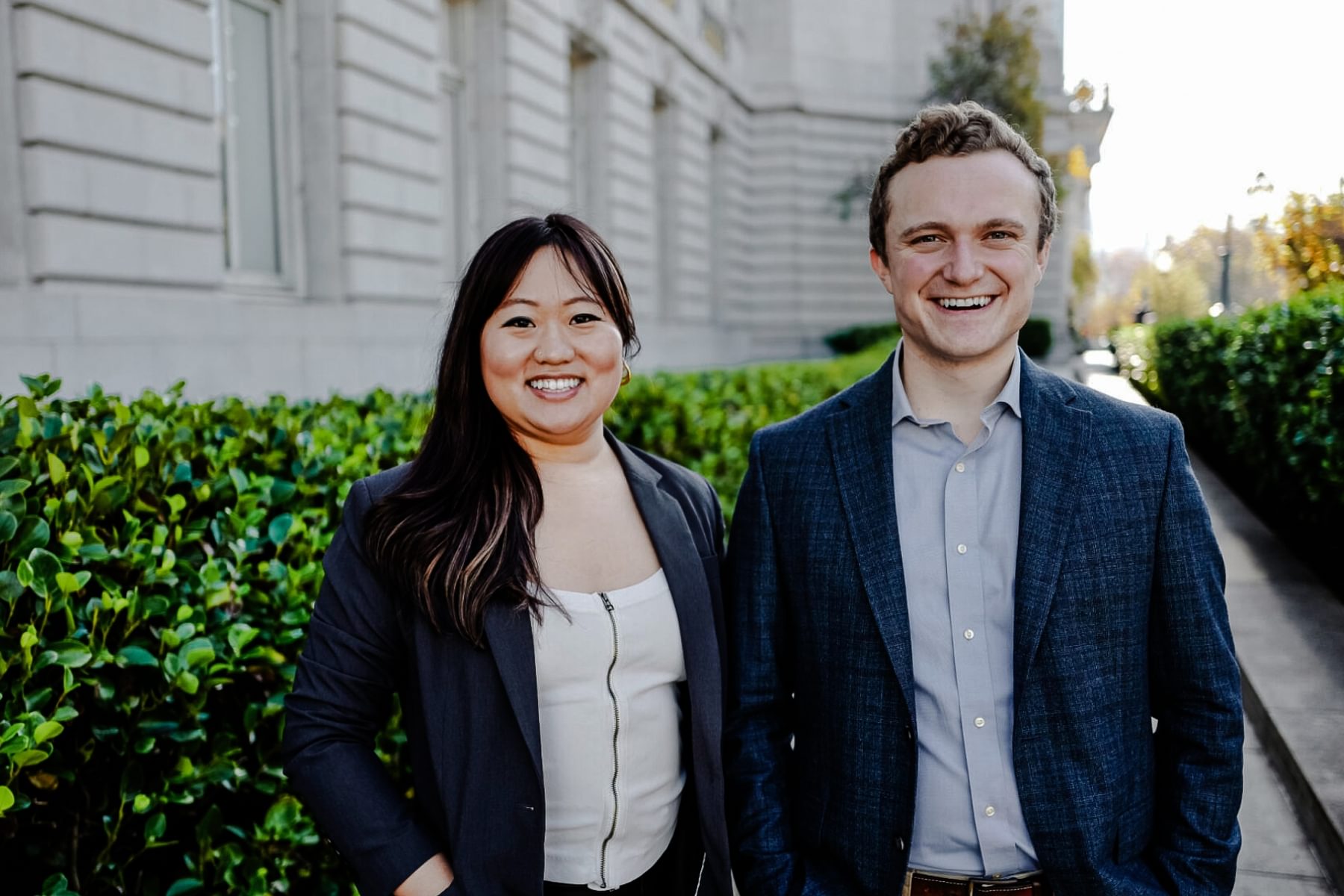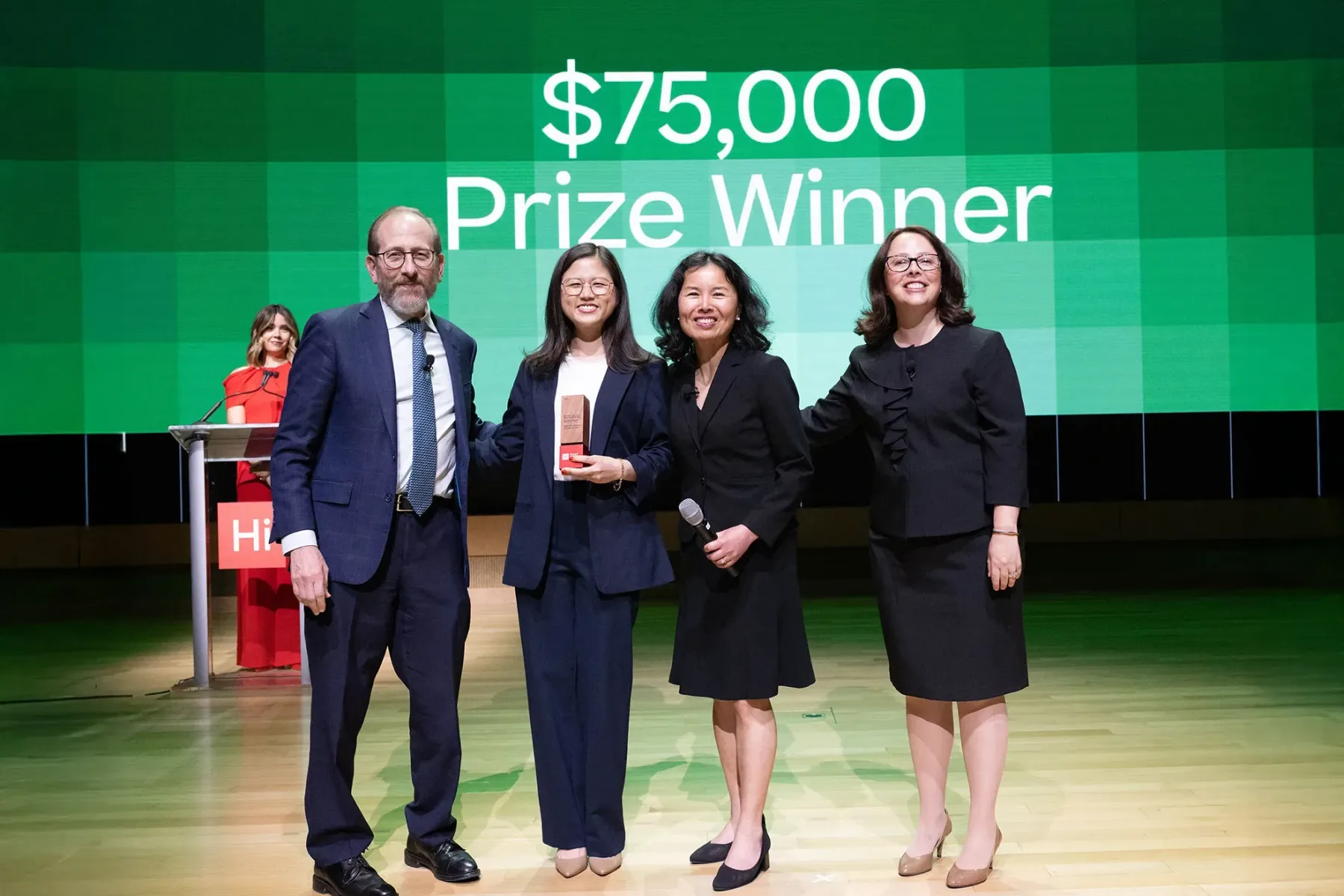Alfred Lin (Harvard College '94) has achieved what many would consider multiple lifetimes of accomplishment. Thara Pillai, director of alumni programs and engagement at the Harvard Innovation Labs, sat down with Lin during a recent trip to San Francisco to explore a journey that began far from Silicon Valley. The fireside chat was part of annual event, called Disrupt, hosted by the Harvard Innovation Labs, Harvard Business School Rock Center, INSEAD, and Berkeley Haas. Alumni teams pitched their ventures; gained insights from experts like Lin; and networked with fellow founders, industry leaders, and investors.
As the former chairman, COO, and CFO of Zappos, and now a partner at Sequoia Capital guiding companies like Airbnb, Citadel Securities, and DoorDash, Alfred Lin is helping to shape the technological landscape in Silicon Valley. Lin has been featured on the Forbes Midas List multiple times, including ranking No. 1 in both 2021 and 2025. His path from Taiwan to the pinnacle of American entrepreneurship provides lessons in resilience, innovation, and the impact of balanced optimism.
Learning Adaptability Through Necessity
"We're temporarily poor, but we're smart, we're well-educated, and we'll figure things out," Lin's parents would tell him repeatedly when he was a child. Lin’s family faced persistent financial challenges in his early life. Although his father worked as an international banker and his mother was one of the youngest executives at a Taiwanese bank, currency fluctuations created financial challenges that led to frequent moves between school districts. Moving from Taiwan to New York City at the age of six, Lin’s childhood was filled with pivots.
As they moved from one school district to another, a young Lin would question each transition: "Why are we moving? This place is perfectly fine." Yet these early experiences taught him invaluable lessons in adaptation and resilience, skills that would later prove crucial in the fast-paced world of technology and entrepreneurship.
"We're all functions of our histories," Lin reflects now, "and how you grew up affects you in good and bad ways." He emphasizes the importance of periodically reexamining these influences, and understanding how personal history shapes decision-making and leadership style.
Looking back, Lin recognizes that despite his family’s financial struggles, his parents gave him something more valuable than material comfort; they gave him the gift of optimism. He grew up with an obstinate belief that he could accomplish anything. "I wouldn't be here today without that," Lin reflects. This early mindset of resilience shaped his approach to challenges and opportunities throughout his entrepreneurial career.
From Harvard to Silicon Valley
Lin’s frequent moves did not stop him from excelling academically. He honored his parents’ wishes and excelled as a student, earning a bachelor’s degree in applied mathematics at Harvard before enrolling in Stanford's PhD program in statistics. However, his trajectory changed dramatically when he reconnected with his Harvard classmate, Tony Hsieh (Harvard College ‘95). Hsieh had co-founded LinkExchange, one of the internet's first major advertising networks, with Sanjay Madan. The company was developing a revolutionary approach to web advertising, allowing website owners to exchange banner ads with smaller sites, which was a particularly valuable service at the time since most small websites could not afford traditional advertising.
When Hsieh reached out, Lin made a pivotal decision that would shape his entire career: He left his PhD program at Stanford to join LinkExchange as an early executive. The move exemplified the kind of calculated risk-taking characteristic of his later career. Lin's contribution to LinkExchange helped accelerate the company's growth during a critical period in internet history.
With Sequoia Capital's backing, the company achieved remarkable success, becoming Microsoft's third-largest acquisition at the time and generating 17x returns in 17 months.
After LinkExchange's acquisition, Lin and Hsieh formed Venture Frogs, an incubator and investment firm that made prescient early bets on companies such as Ask Jeeves and OpenTable. However, their most significant collaboration was yet to come: Zappos. Zappos is where Lin and Hsieh would prove that building a great company requires more than impressive metrics; it demands a clear mission and intentional culture.
Building Zappos: Lessons in Resilience
Launching Zappos in 1999 – “one of the worst years to start an internet company,” admits Lin – tested every aspect of the cofounders’ entrepreneurial resolve. While competitors like Nordstrom.com raised $25 million from Benchmark, Zappos struggled to secure even half-million-dollar investments. The challenges were relentless, with near-empty bank accounts, a drop in post-9/11 sales to zero, and the constant pressure of meeting payroll.
Yet those early struggles proved invaluable. When the 2008 financial crisis hit, Zappos had developed what Lin calls "muscle memory" for handling existential threats, particularly financial ones. Their experience with the post-9/11 sales collapse had taught them crucial lessons about managing inventory and cash flow enabling them to make difficult decisions quickly in 2008, such as canceling holiday orders placed six months in advance.
Lin's experiences have led him to a counterintuitive conclusion: Early hardship often breeds later resilience. He points to companies like Airbnb and DoorDash as examples of organizations that "had hard paths at the beginning and then had easier paths as they rose to prominence." Lin believes danger lies in the opposite trajectory: "If you start off easy and then hit a hard patch, you don't know what to do, and the stakes are higher."
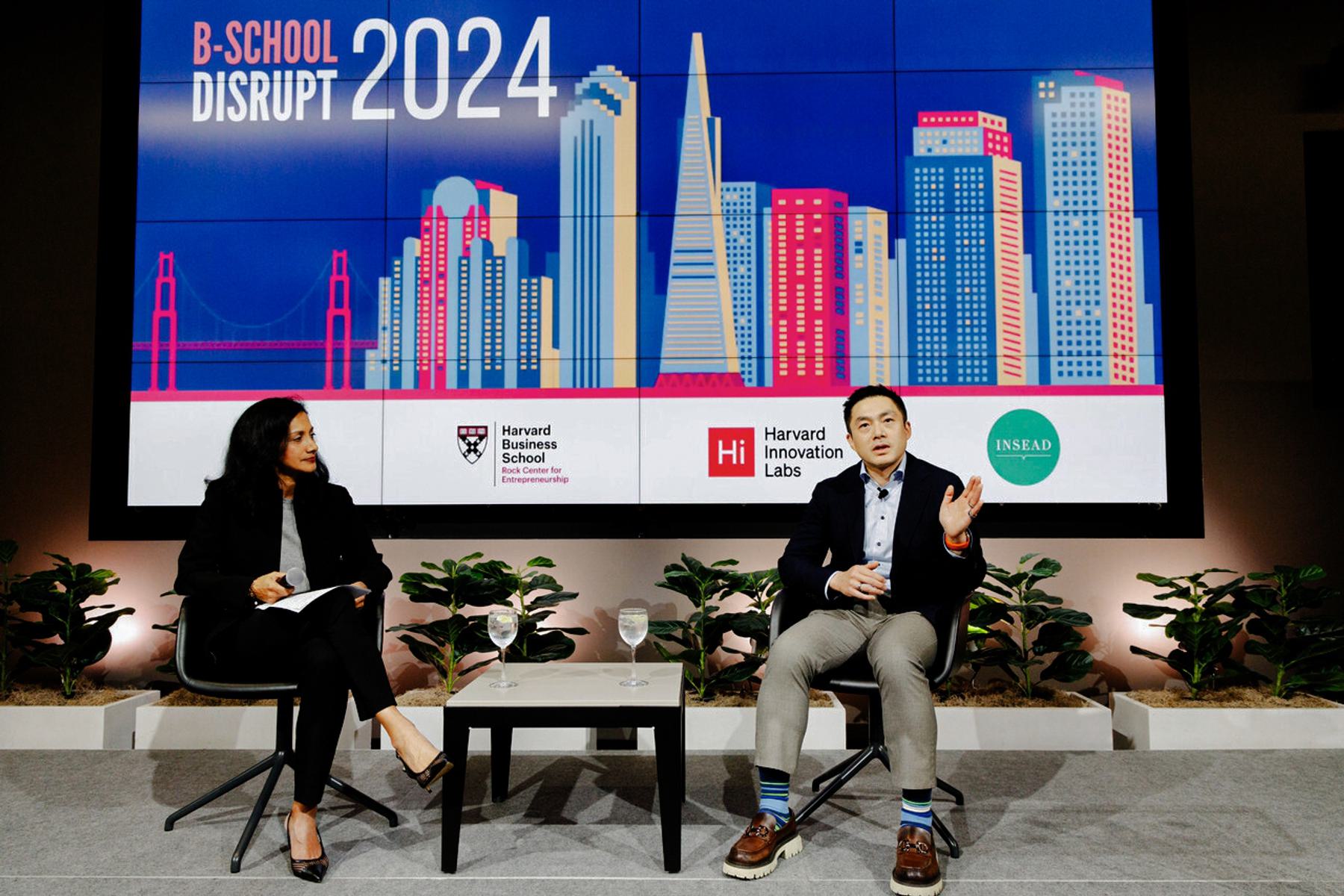
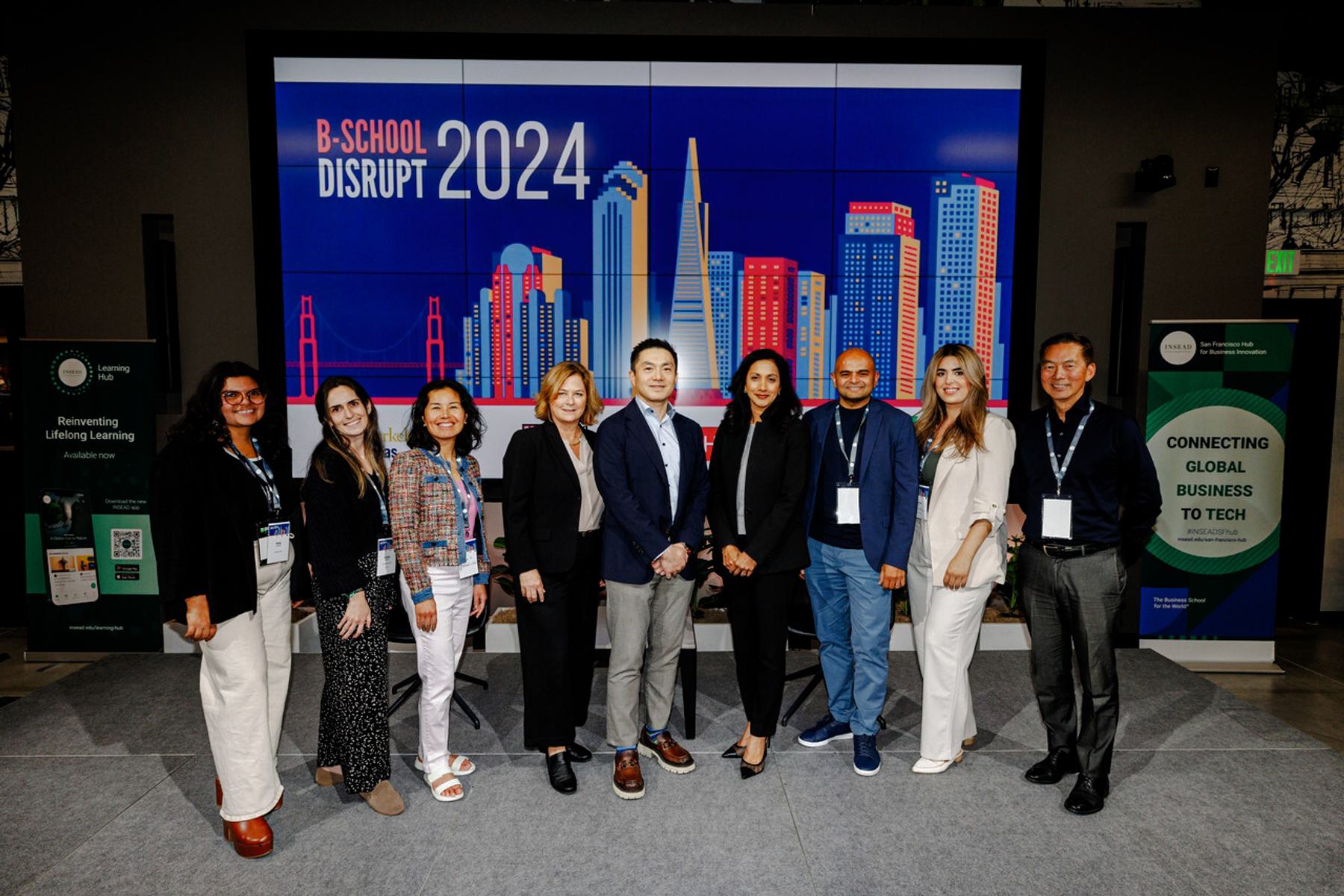
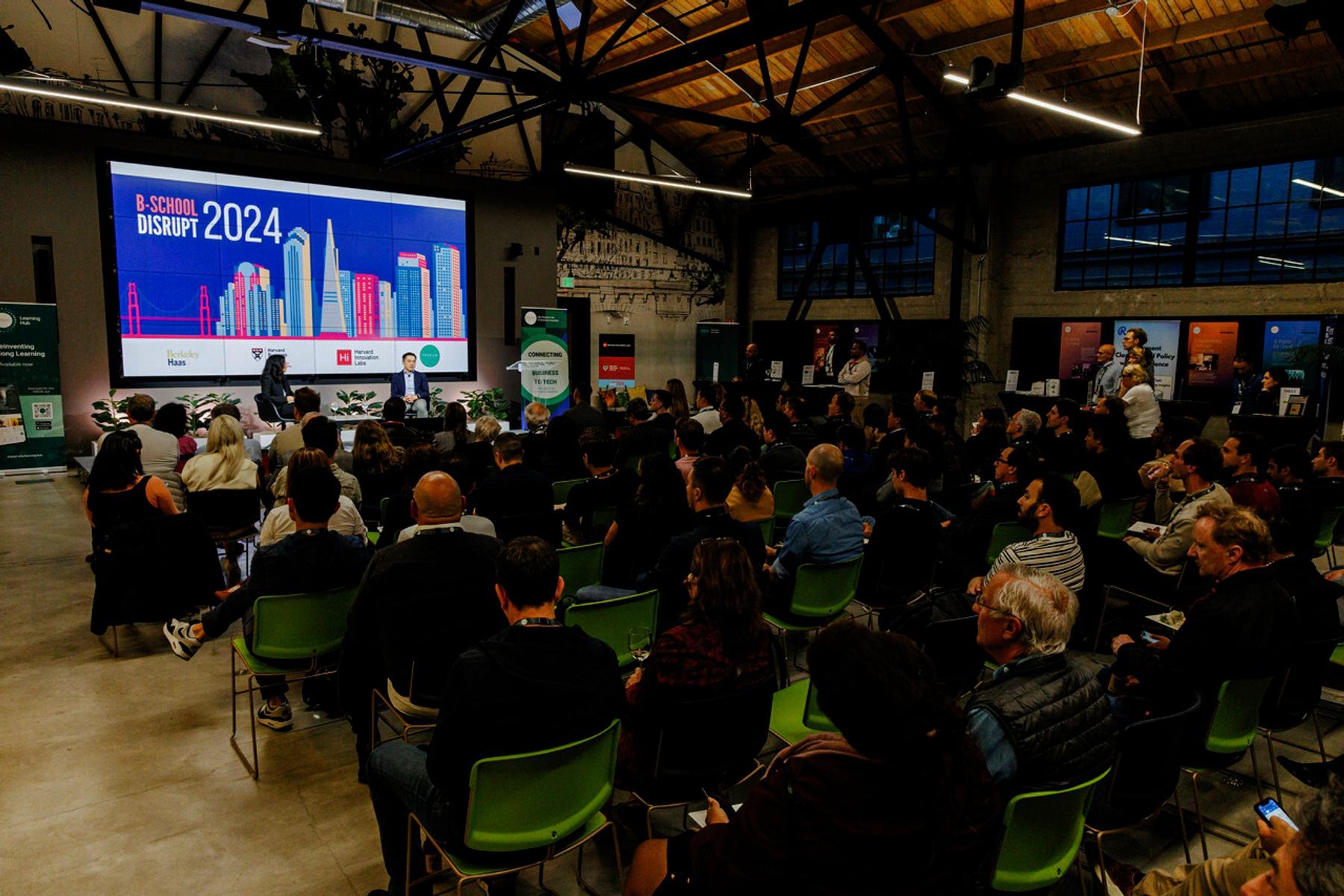
Creating a Cultural Foundation
The success of LinkExchange taught Lin and Hsieh a surprising lesson about company building. Despite creating significant financial value, Hsieh confronted an uncomfortable truth: "Wait a minute, I founded this company, and I don't enjoy working here. How's that possible?" This clarity revealed that financial success alone could not sustain a great company. Something fundamental was missing.
This realization transformed their approach at Zappos. Rather than treating company culture as an afterthought, both Lin and Hsieh understood it needed to be woven into the very fabric of their mission. "Building culture can feel like it's just fluff at the start," Lin reflects, "until you start to raise capital or hire teams, and then you see how it shapes everything you do moving forward." As a founder, your values seem obvious. They live in your head and guide your decisions almost innately. However, as an organization grows, those unwritten principles must become explicit guideposts for the entire team.
Building culture can feel like it's just fluff at the start, until you start to raise capital or hire teams, and then you see how it shapes everything you do.
Alfred Lin
When Zappos reached about 150-200 employees, Lin and Hsieh interviewed every single employee: What do you think our values are right now? What should they be? And what are explicitly not our values? There's no one-size-fits-all approach. Lin points to two of technology's most successful companies: "Working at Apple is completely different than working at Amazon," he explains. "They have very distinct cultures, yet both are very successful." What matters is having a clear, authentic identity that aligns with your mission, resonates with your team, and guides your success.
Identifying Tomorrow's Most Valuable and Enduring Companies
Today, Lin works as a partner at Sequoia Capital, co-captaining their early-stage investment business. "For every 1,000 companies, there's an outlier," he explains, emphasizing that true innovation is rare. This statistical reality shapes Sequoia's approach. They seek out founders capable of reshaping entire industries or creating entirely new categories. Lin also reminds founders that "fundraising isn't just about exchanging capital for equity. You want people around the table that will make your ideas better." At Sequoia, they encourage founders to seek out “sparring partners” when fundraising. In other words, choose investors who will champion your mission, have your back when times get hard, and “become your psychological chakra for business.”
Fundraising isn't just about exchanging capital for equity. You want people around the table that will make your ideas better.
When evaluating potential investments, Lin looks for three critical elements. First, an outlier team that will outperform anyone else in their field, not just through impressive credentials, but through their unique combination of skills, drive, and adaptability. Second, novel insights. "You can't just copy someone's idea," Lin cautions. "You have to come up with a novel or competitive approach." Third, evidence of long-term market potential. The market does not need to be large today, but it must show clear tailwinds that could carry the company for the next decade.
Lin asks founders three fundamental questions when assessing whether to invest in their ventures:
Are you passionate enough to work on this for a decade or more?
Why are you uniquely qualified to solve this problem?
Can your venture drive a sustainable financial engine?
These questions reflect Lin’s goal of identifying ventures positioned to create lasting impact over decades. Whether investing in Pre-Seed/Seed or Series A onwards, Sequoia looks 10 years into the future, seeking companies with the potential to fundamentally transform their industries. Sequoia even offers a program, called Arc, for its Pre-Seed and Seed-stage founders that helps them establish strong company foundations and build businesses that endure.
The Path Forward: Compounding Excellence
Lin's philosophy for sustained success is deceptively simple: "Be one percent better every single day." While acknowledging that perfect daily compound growth is theoretical, it would yield a 37.7x improvement over a year.
His advice to entrepreneurs combines unwavering optimism with clear-eyed realism, drawing on Richard Feynman's observation about Albert Einstein: "Albert Einstein is a giant because his head is in the clouds and his feet are planted on the ground." The image of the grounded dreamer encapsulates Lin's model for entrepreneurial thinking, advocating for "that level of optimism where you understand exactly where you are on earth while dreaming in the clouds." This dual awareness allows entrepreneurs to pursue bold innovations while making the pragmatic and often challenging decisions necessary for survival and growth.
Lin's journey from a young immigrant hearing "we're temporarily poor, but we're smart" to becoming one of Silicon Valley's most influential figures, showcases how to turn challenges into opportunities and achieve compounded growth. Building transformative companies demands the courage to persist through hard beginnings, the dedication to build enduring cultures, and the vision to see opportunities that others miss. At Sequoia, Lin continues to champion this vision, seeking out and backing the rare companies that fundamentally reshape how we live and work.
Read more of Alfred Lin’s advice for founders on his blog, Outlier’s Path.


